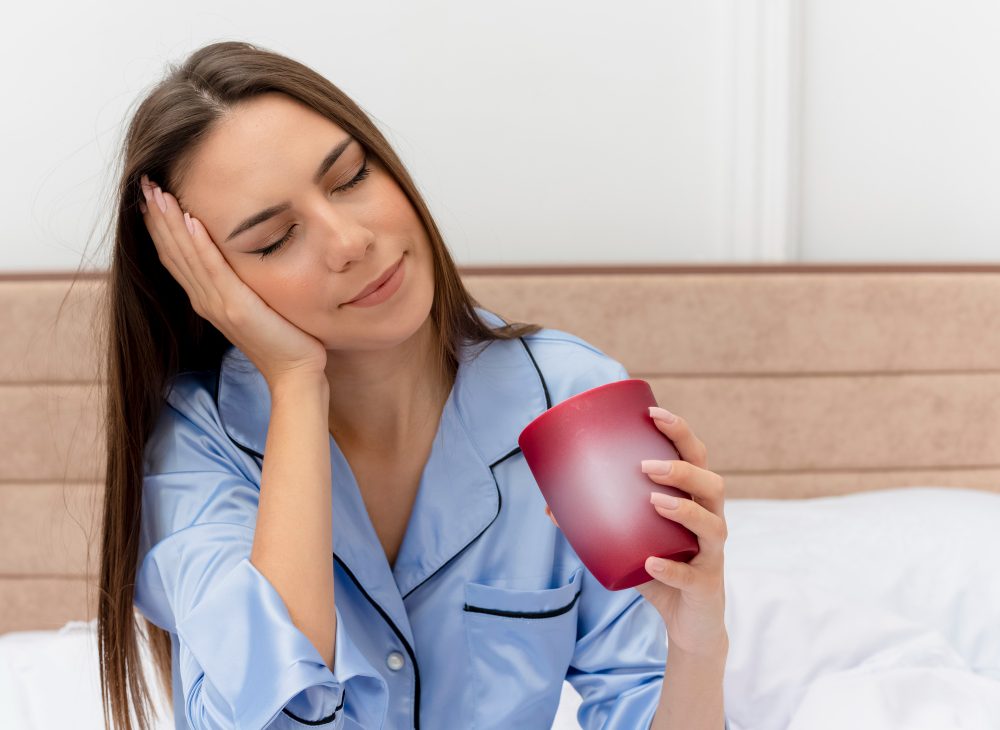Sleep is one of the most fundamental aspects of health, yet many people struggle to get the quality rest their bodies truly need. In a fast-paced world filled with technology, stress, and long to-do lists, sleep often suffers. When poor sleep becomes a recurring issue, many are quick to reach for over-the-counter sleep aids or prescriptions. While medication can offer temporary relief in certain circumstances, it often fails to address the root causes of disturbed sleep and does not always support long-term improvements in rest and recovery. In fact, developing a sustainable, medication-free approach is usually the most natural and effective way to restore healthy sleep.
This article explores the underlying reasons people struggle with sleep, gently clears up common misconceptions about better rest, and offers practical, evidence-informed strategies that anyone can start applying right away to improve their sleep quality naturally.
Understanding the Root Causes of Poor Sleep
Sleep issues are rarely caused by just one factor. Instead, they often stem from a combination of environmental influences, lifestyle choices, emotional stress, and even small daily habits. Recognizing how these factors contribute to restlessness can help shift the focus from quick fixes toward lasting solutions.
Everyday Habits That Influence Sleep
Many people are unaware of how seemingly harmless routines affect their sleep. For example, drinking coffee or caffeinated tea late in the afternoon can delay the body’s natural readiness for rest. Similarly, scrolling through bright screens at night can suppress melatonin production, tricking the brain into believing it’s still daytime. Even eating heavy meals or exercising intensely right before bed can signal the body to stay alert instead of winding down.
Environmental Factors That Disturb Rest
The sleep environment has a direct impact on quality of rest. Factors such as room temperature, lighting, and noise can either support or disrupt sleep. A bedroom that is too bright, warm, or noisy can prevent the brain from relaxing into deep sleep cycles.
Lifestyle Choices and Emotional Health
Chronic stress, inconsistent schedules, and overexposure to work-related tasks can make it difficult to fall asleep and stay asleep. Sleep and stress share a close relationship—poor rest raises stress levels, which in turn feeds back into restless nights.
Misconceptions and Quick Fixes
A common misconception is that medication is the only reliable option for insomnia or poor sleep. While sleeping pills may occasionally be necessary under medical supervision, relying on them as the primary solution can create dependency without addressing what the body actually needs: balance, routine, and natural alignment with circadian rhythms. By focusing on natural approaches, we support not just sleep itself, but overall wellbeing.
Practical Strategies to Improve Sleep Without Medication
Fortunately, numerous gentle and effective strategies can help the body return to its natural rhythm. The key is consistency and creating habits that signal to the brain: it’s time to rest.
1. Create a Supportive Sleep Environment
- Keep the bedroom cool, dark, and quiet. Research suggests most people sleep best at a slightly cooler temperature, often between 60–67°F (15–19°C).
- Invest in supportive bedding. A comfortable mattress and pillow that suit your body reduce tossing and turning.
- Limit light exposure. Blackout curtains or a sleep mask can help, and noise machines or earplugs can block disruptions.
2. Stick to a Consistent Sleep-Wake Schedule
The body thrives on routine. Going to bed and waking up at the same time every day—including weekends—reinforces the circadian rhythm, making it easier to fall asleep naturally and wake with more energy.
3. Prioritize Stress-Reduction Practices
Daily stress management can make a profound difference. Options include:
- Mindfulness or meditation before bed, which calms overactive thoughts.
- Gentle yoga or stretching, which relaxes muscles.
- Breathing exercises, which help slow heart rate and signal that it’s time to unwind.
4. Pay Attention to Nutrition
- Avoid stimulants like caffeine and nicotine late in the day.
- Steer clear of heavy or spicy meals close to bedtime to reduce discomfort and interruptions.
- If hungry at night, opt for light snacks such as a piece of fruit or warm herbal tea to support relaxation.
5. Get Natural Light Exposure During the Day
Our body’s internal clock, or circadian rhythm, relies heavily on exposure to light. Spending at least 20–30 minutes outdoors in natural light during the morning supports hormonal balance and reinforces the sleep-wake cycle.
6. Establish a Nighttime Wind-Down Ritual
Creating a bedtime routine helps the brain and body shift into rest mode. This can include:
- Dim lighting about an hour before bed.
- Reading a physical book instead of scrolling on a phone.
- Listening to calming music or nature sounds.
- Taking a warm bath or shower, which naturally cools the body afterward and signals restfulness.
7. Move Your Body—But at the Right Time
Regular exercise improves sleep quality, particularly deep sleep, but timing matters. Early morning or afternoon physical activity is ideal. Vigorous exercise right before bed can be stimulating and counterproductive.
Building a Healthier Relationship With Rest
Improving sleep is less about forcing rest and more about creating the right conditions for the body to relax naturally. By making small yet intentional choices—supportive environments, consistent routines, mindful stress management, nutrition awareness, and light exposure—we nurture the body’s natural rhythms without the need for medication.
Ultimately, sleep is not just a “pause” from daily life. It is an active, restorative process that rejuvenates the mind, strengthens the body, balances hormones, and supports emotional wellbeing. By intentionally shaping how we approach bedtime and honoring the body’s need for consistency, we build a healthier and more sustainable relationship with rest—one that medication alone cannot provide.







